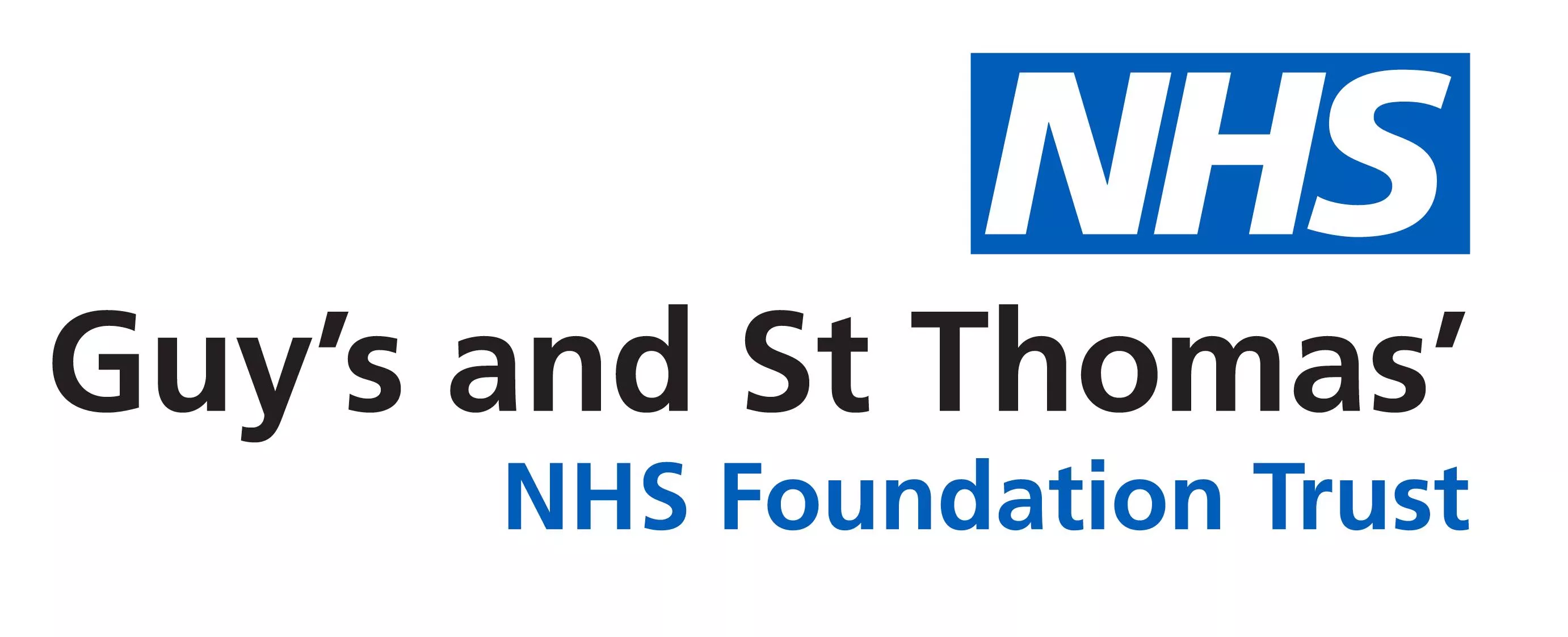Optimising the Delivery of Diabetes Distress-Informed Care for its Prevention, Detection and Management in Adults with Type 1 Diabetes: A Hybrid Effectiveness-Implementation Programme (D-stress Study)
Diabetes distress is constituted by the negative emotions of living with diabetes and is associated with worse self-management behaviours and hyperglycaemia. National Institute for Health and Care Excellence acknowledges the importance of addressing diabetes distress and recommends routine assessments as part of diabetes care. Addressing diabetes distress is critical, as reducing it can improve patients' quality of life, promote better diabetes management, and lower long-term NHS expenses. Research shows that nearly half of all adults with type 1 diabetes experience high levels of diabetes distress, but there is limited knowledge on recognising and managing this condition, and no current treatment is available through the NHS. Researchers in the USA and Denmark have developed and tested three treatments to detect, manage and prevent type 1 diabetes distress. However, despite these treatments showing promise to reduce the impact of diabetes distress, they haven’t yet been tested in the UK. This novel study will combine the best of the three existing treatments through consultation with people with type 1 diabetes and healthcare professionals, testing the programme in a feasibility trial, running a larger trial across national diabetes clinics, and evaluating who D-stress works for, how it works, and why or why not.
Aims
To deliver and evaluate an NHS care pathway for all people with type 1 diabetes that recognises the normal emotional distress associated with managing this complex condition, providing interventions to prevent distress before it escalates and to manage it when it does.
Equity, Diversity & Inclusion Webinar 1
Patient & Public Involvement
The Patient Forum is a group of individuals with lived experience of type 1 diabetes who work in partnership with the research team to inform and shape the D-Stress study. Through a series of co-design workshops, Forum members contribute to the adaptation of existing international interventions, for use in a UK context. Their involvement ensures that the research remains person-centred, relevant, and responsive to the needs of those directly affected by type 1 diabetes.
Read blogs written by Tracy and Calum about their motivations for joining the project and their stories behind becoming Patient Forum members for this research project.
Our Partners

The Leeds Teaching Hospitals NHS Trust
University of Leeds
University of Southampton

Deakin University and Western Health

University Hospitals of Leicester NHS Trust

University College Copenhagen

Royal United Hospitals Bath Foundation NHS Trust

Principal Investigator
Affiliations
Funding
Funding Body: NIHR
Amount: £2,881,472.36
Period: May 2024 - April 2029
Funding Body: Diabetes UK
Amount: £200,000
Period: May 2024 - April 2029





